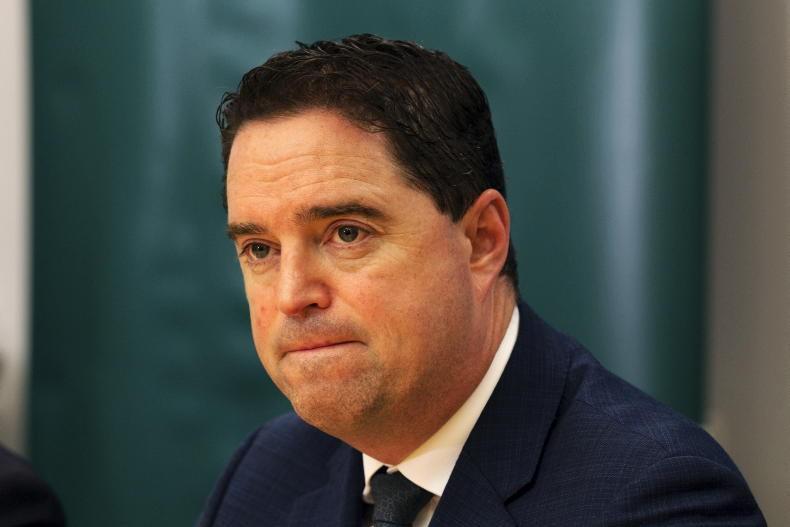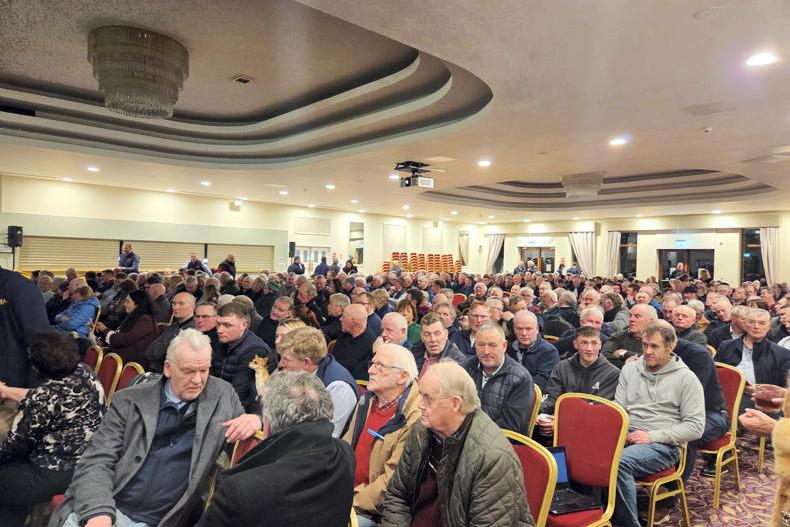Irish farmers are “ready, willing and able” to play their part to help Ireland achieve its climate change ambitions, Irish Farmers' Association (IFA) president Tim Cullinan has said.
However, the farming sector “will not become the sacrificial lamb” he warned, “where cutting agricultural activity is seen as a fast-track solution to reducing overall national emissions”.
Cullinan, opening the organisation’s climate summit in Thomond Park, Limerick, on Tuesday, pointed to examples of how farmers were taking action, with use of protected urea up almost 60% in 2022 compared with 2021 and almost half of all slurry now being spread using low emissions spreading techniques.
Step up
“This proves that farmers will step up when given the opportunity, along with appropriate support and advice,” he said.
He described the 25% emissions cut for agriculture as “hugely challenging”, but insisted that farmers are putting their shoulder to the wheel to help reduce emissions.
There is a clear agenda to reduce agriculture and food production in any way possible
“Listening to recent policy proposals at both national and European level, there is a clear agenda to reduce agriculture and food production in any way possible,” Cullinan said.
He named the new CAP and nitrates banding as already affecting the sector, while warning that further nitrates proposals, the EU’s nature restoration law and the industrial emissions directive, all aimed to further reduce production.
We need to focus on reducing emissions, not on reducing output
“Policies which lead to a cut in food production at a time of massive food security concerns are foolish in the extreme,” Cullinan insisted.
“It will lead to an increase in overall emissions, with production moving to more carbon-intensive parts of the world. We need to focus on reducing emissions, not on reducing output.
“Recently, we saw that imports of food from Brazil into the European Union increased by 47% in 2022,” the IFA president pointed out.
Economic impact
This theme of cutting carbon rather than cutting cows was taken up by economist Ciaran Fitzgerald, who highlighted the economic impact of farming and food production to the Irish economy.
“Every €1bn in exports [from the agri-food sector] results in €1.5bn spent in the Irish economy,” he pointed out.
Conversely, he warned of the potential impact that any cut to agri output might have.
“A 1% reduction in agricultural output means €120m lost to the sector,” the economist warned. “And a loss of €240m across the economy.”
Full coverage of the conference will be carried in the Irish Farmers Journal print edition.










SHARING OPTIONS